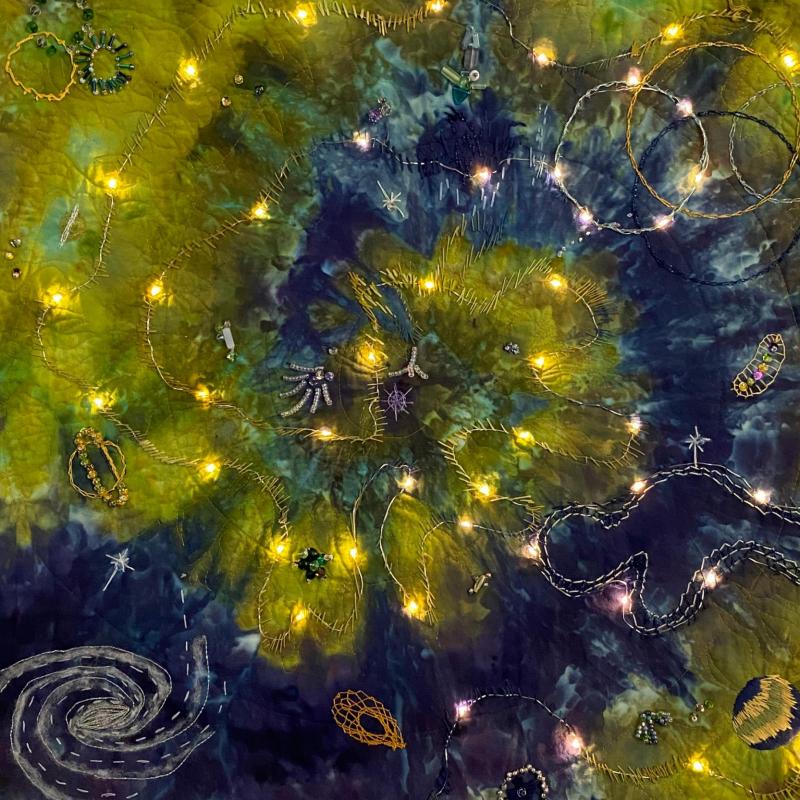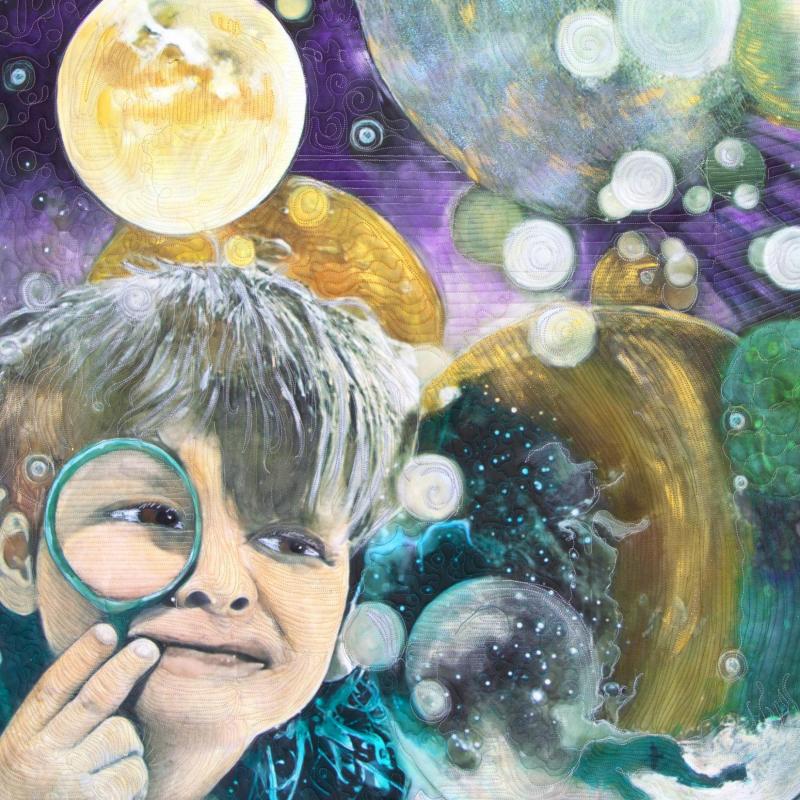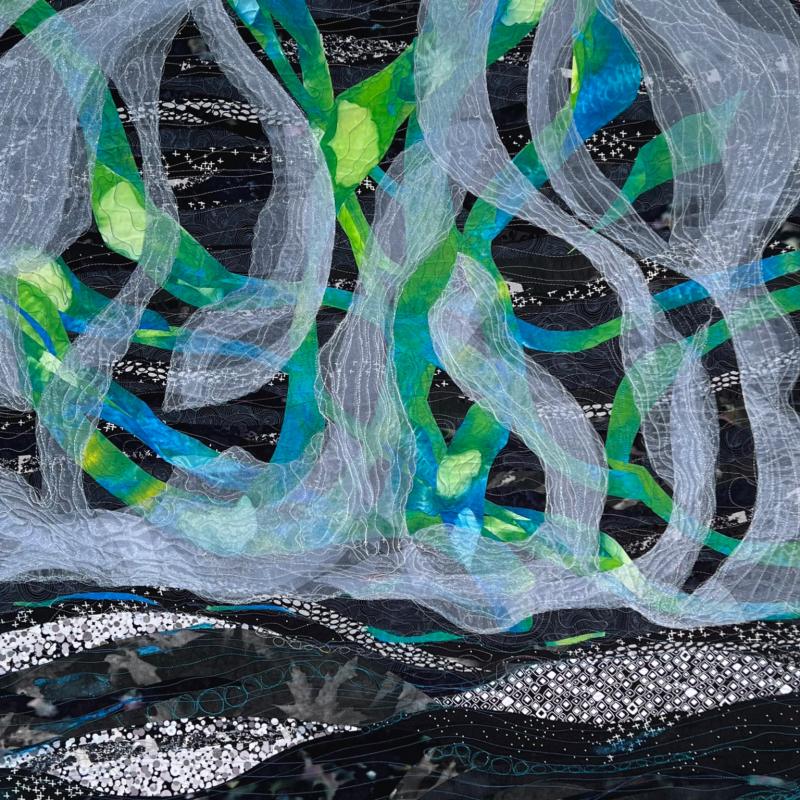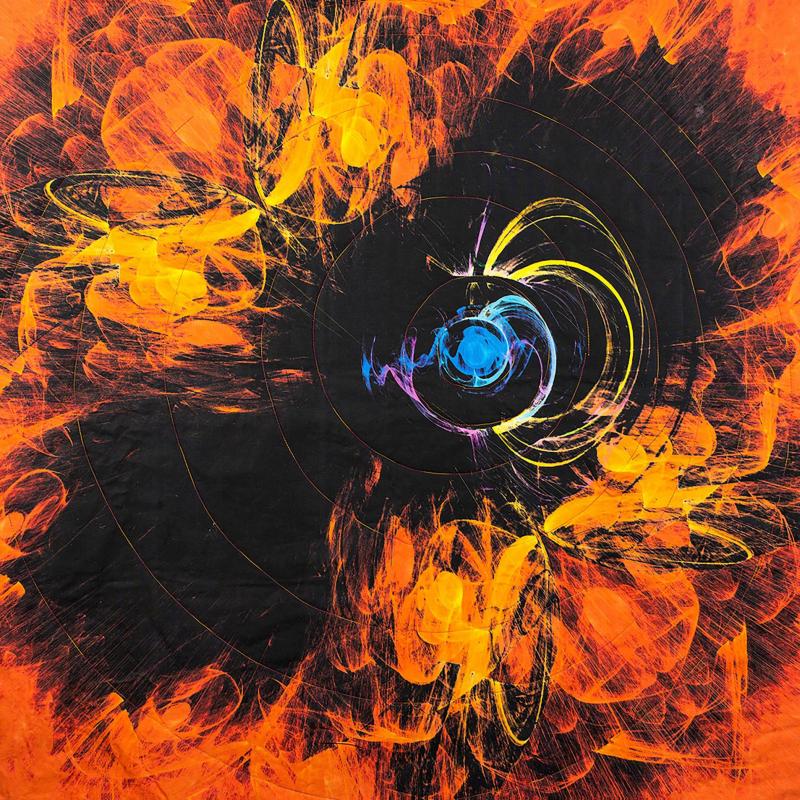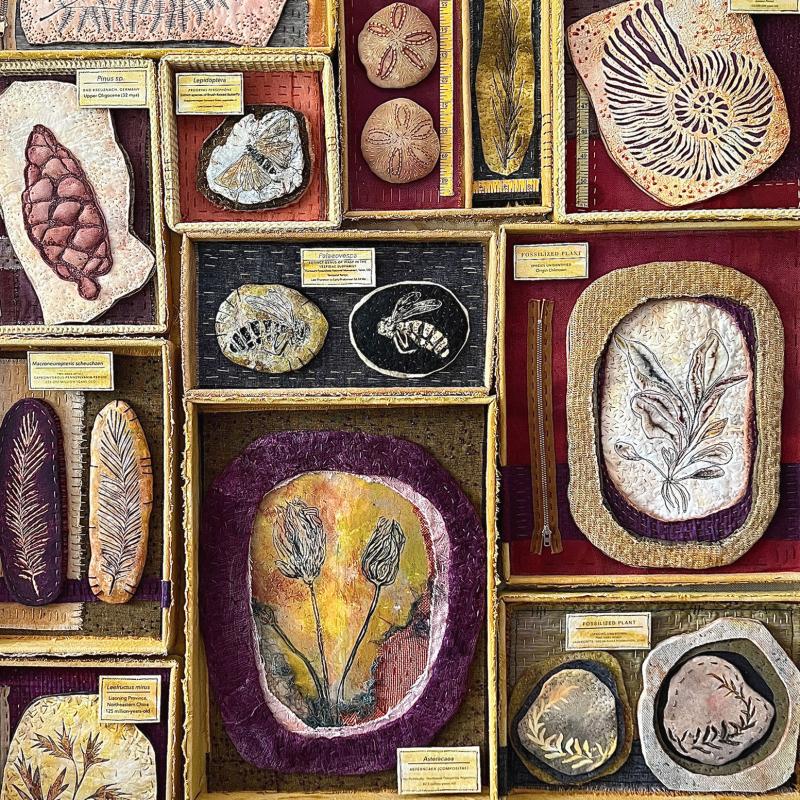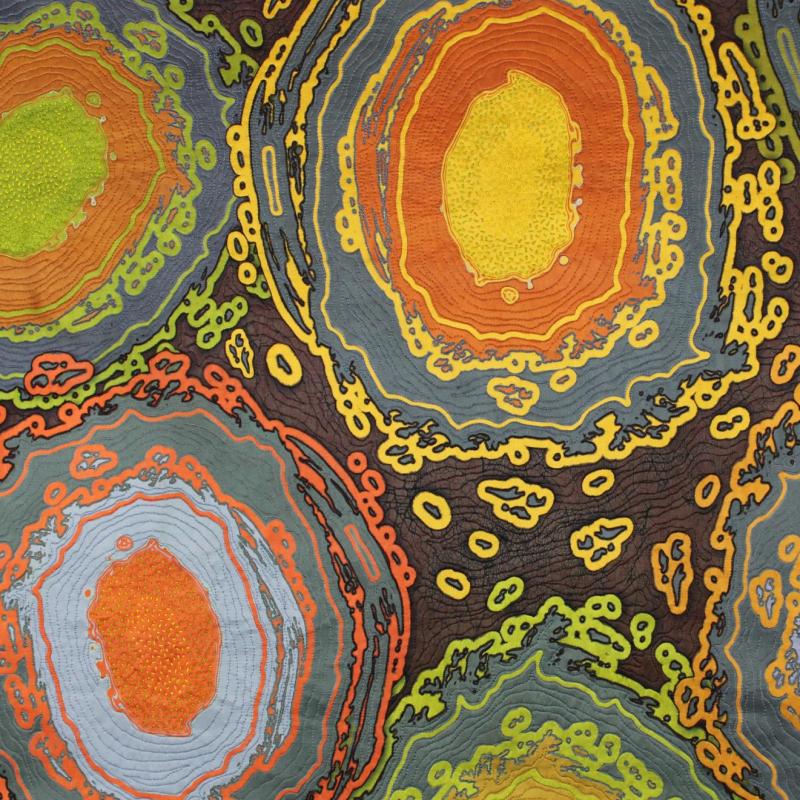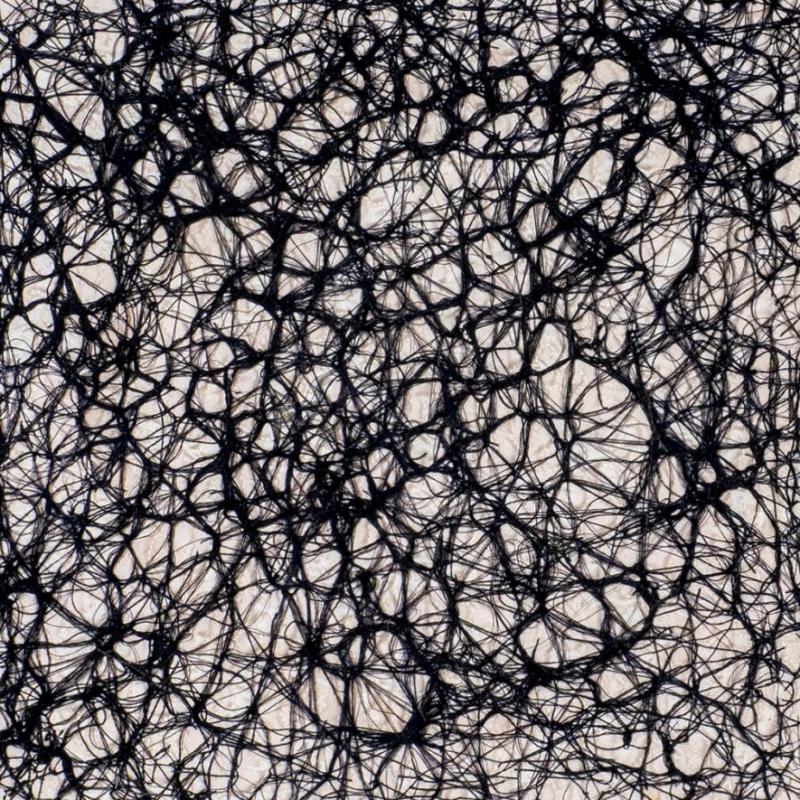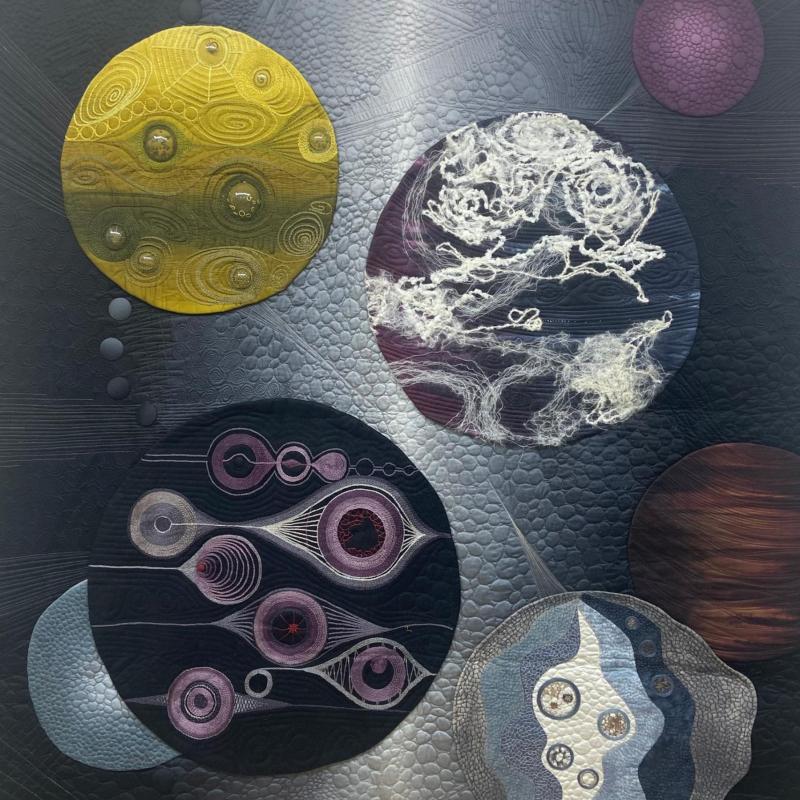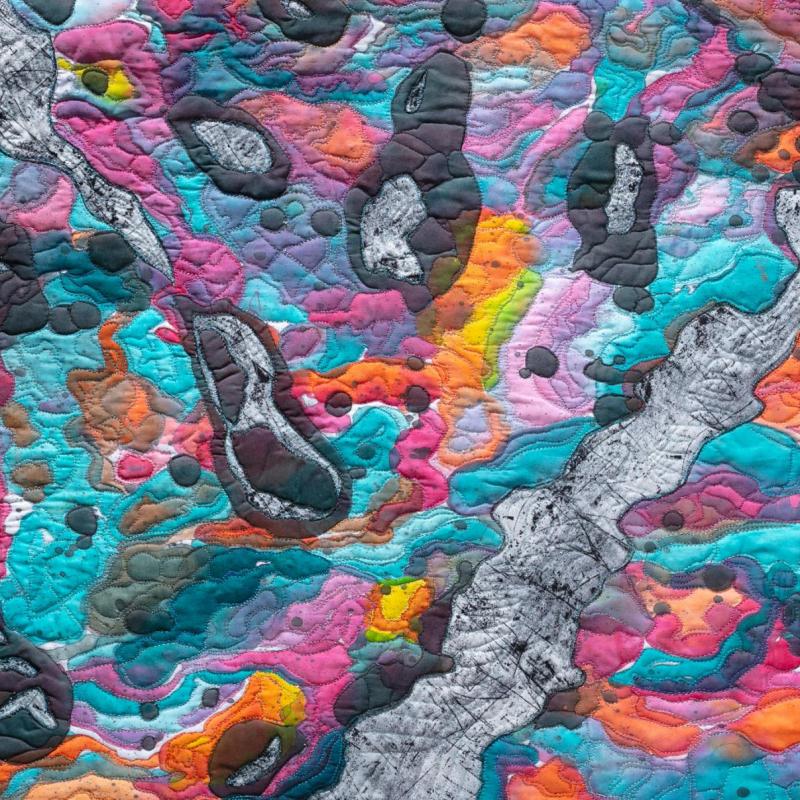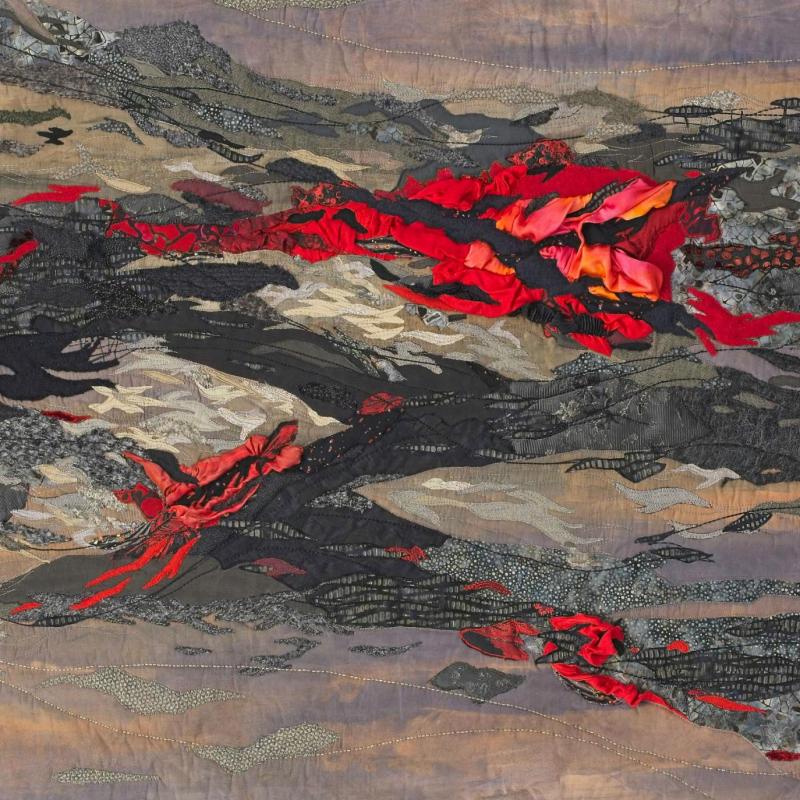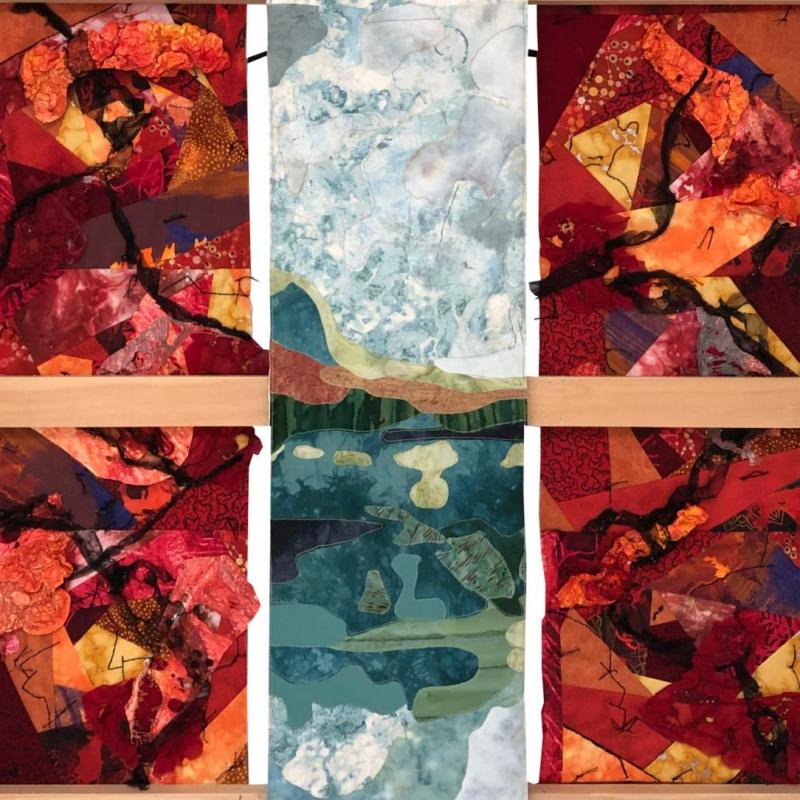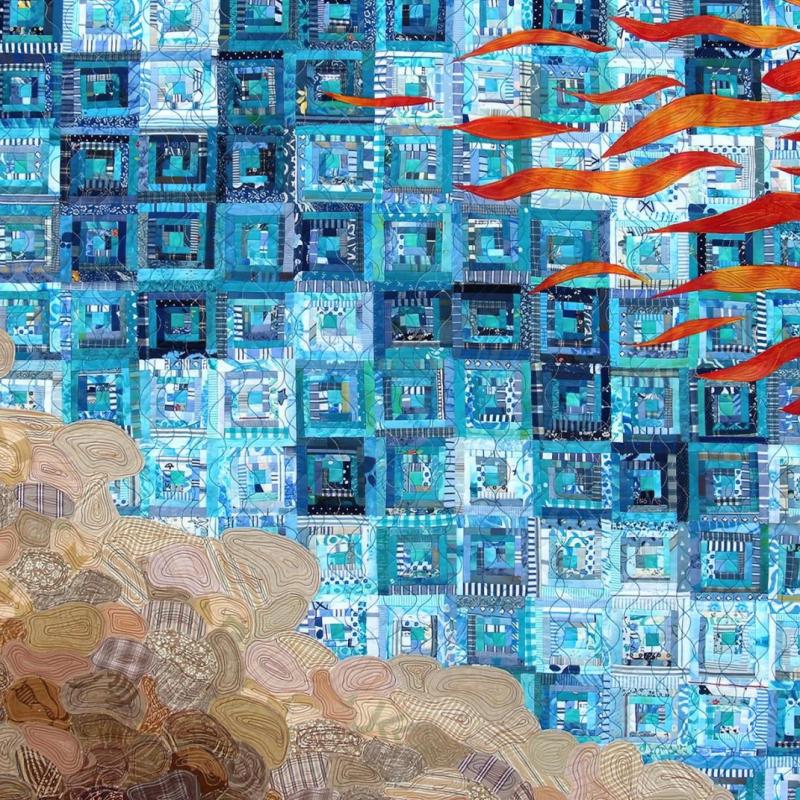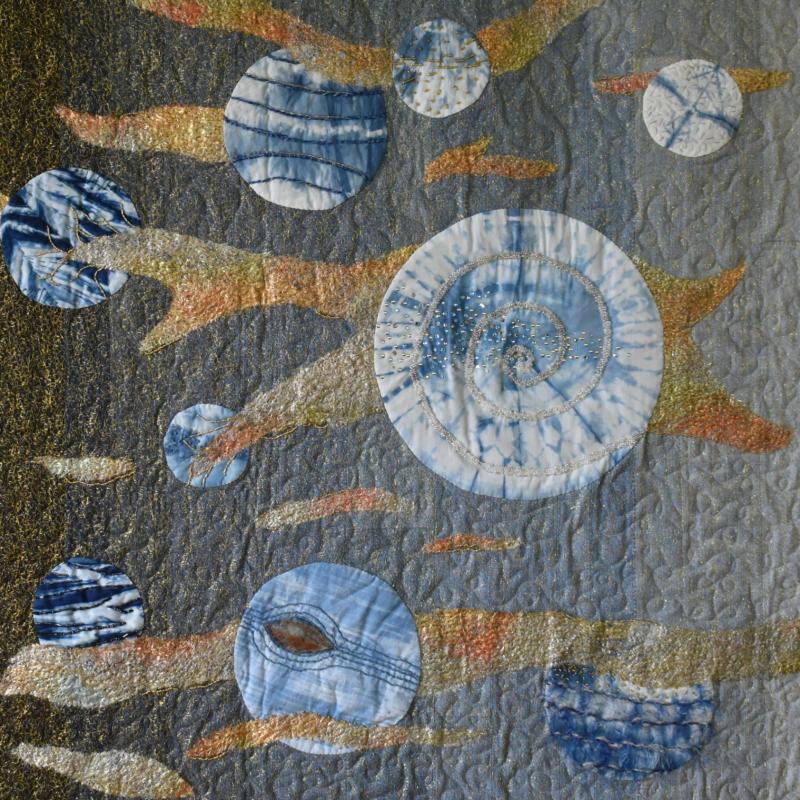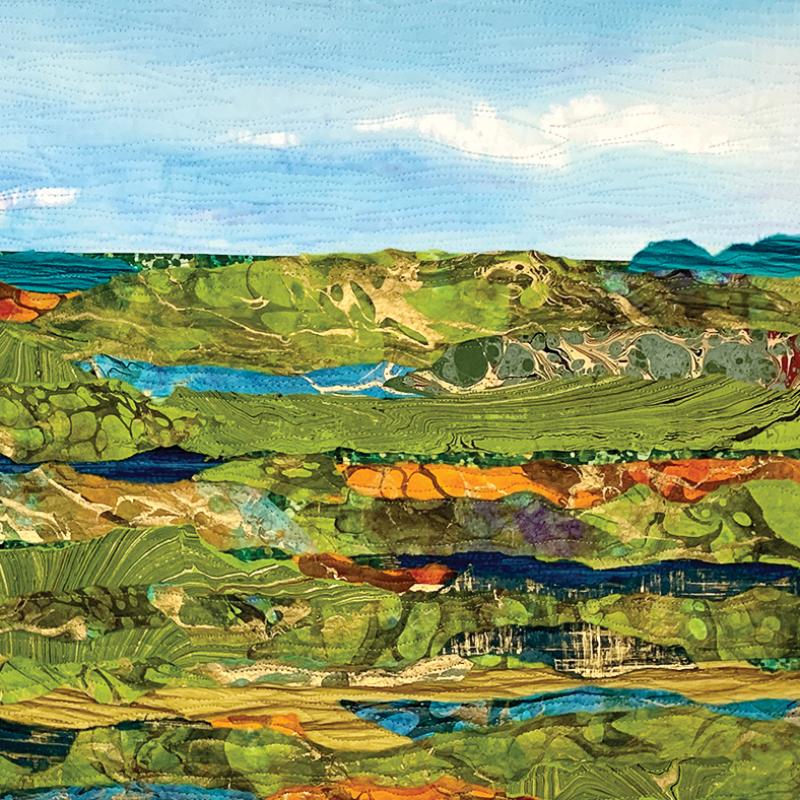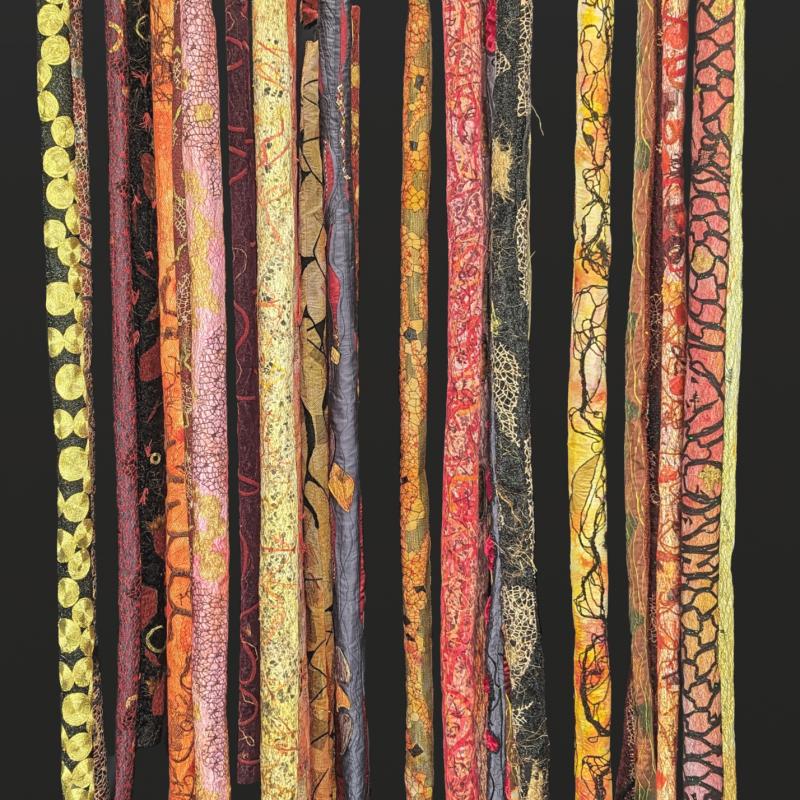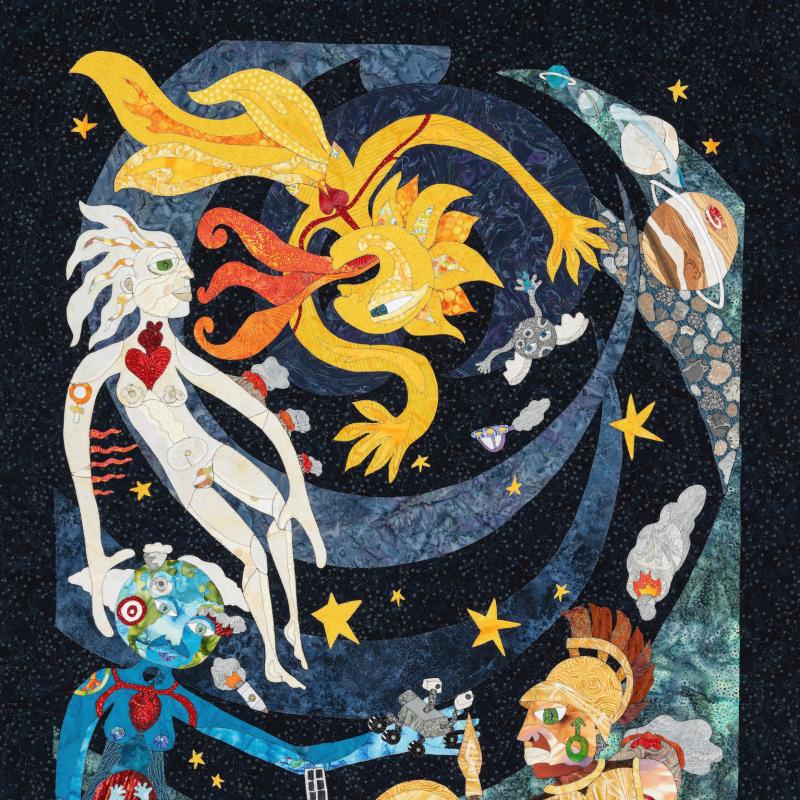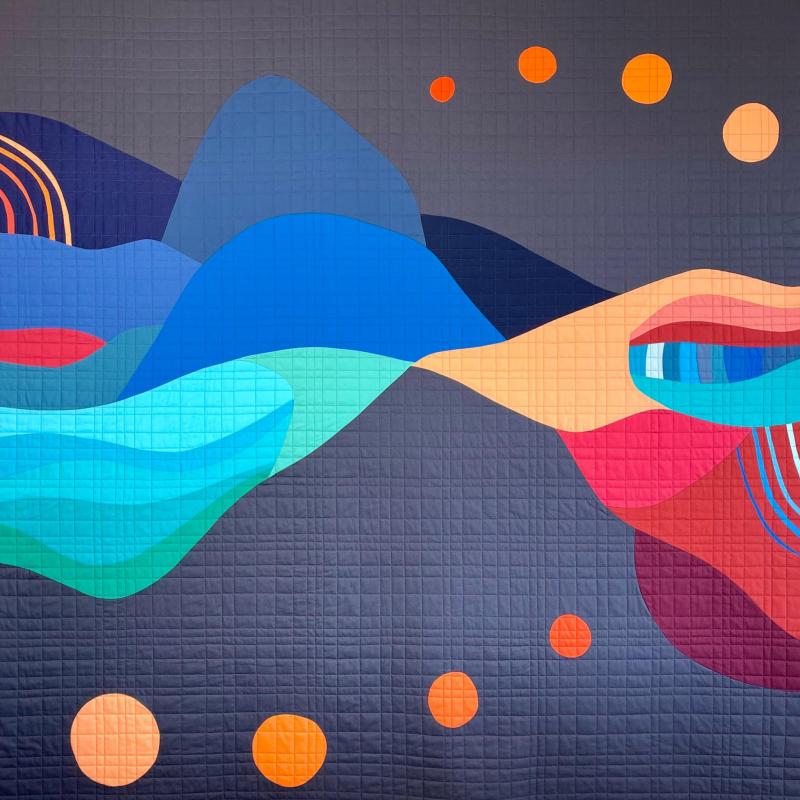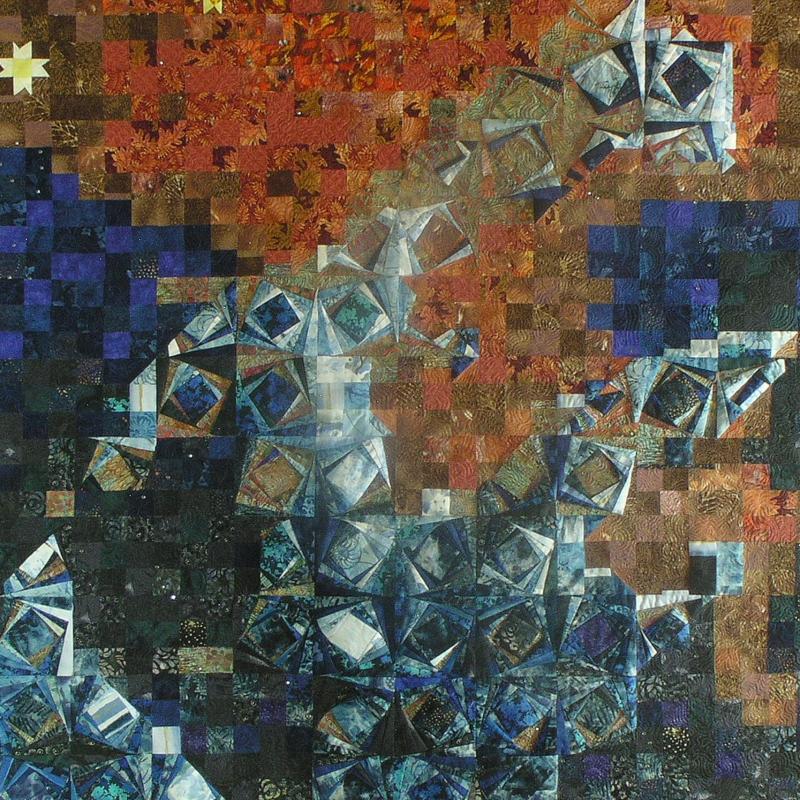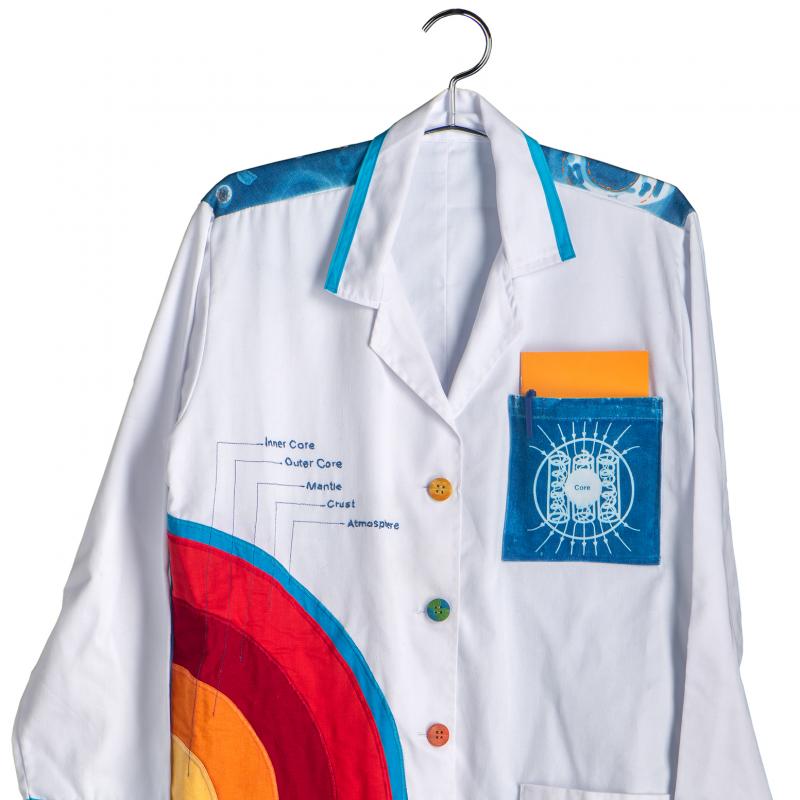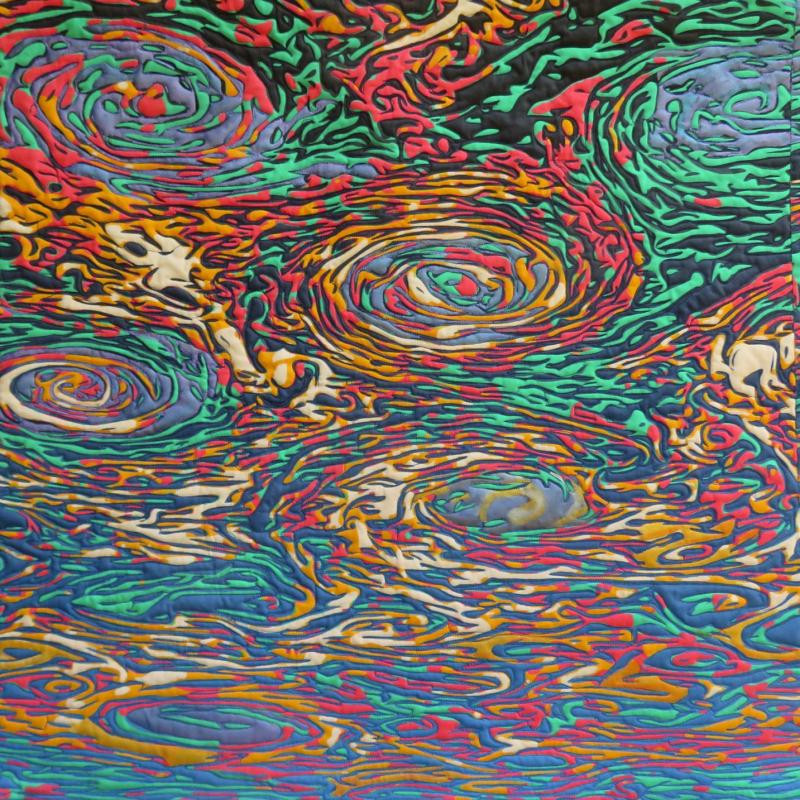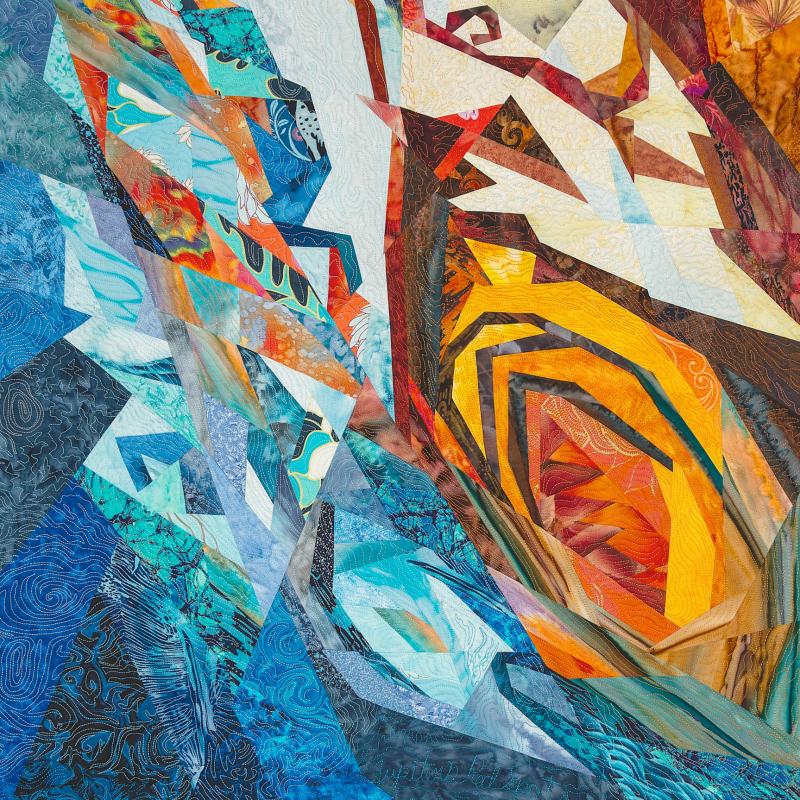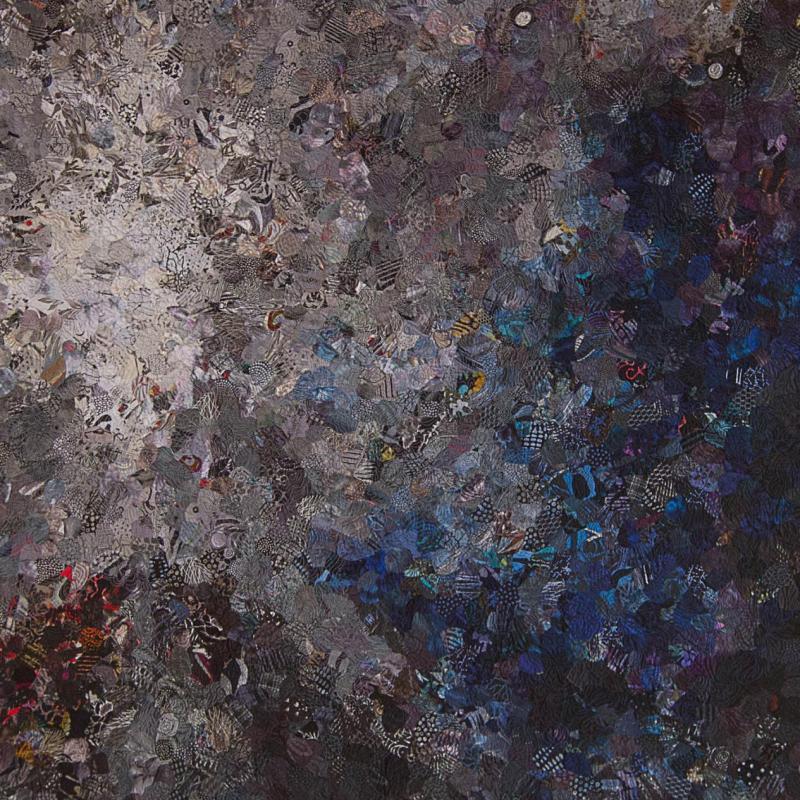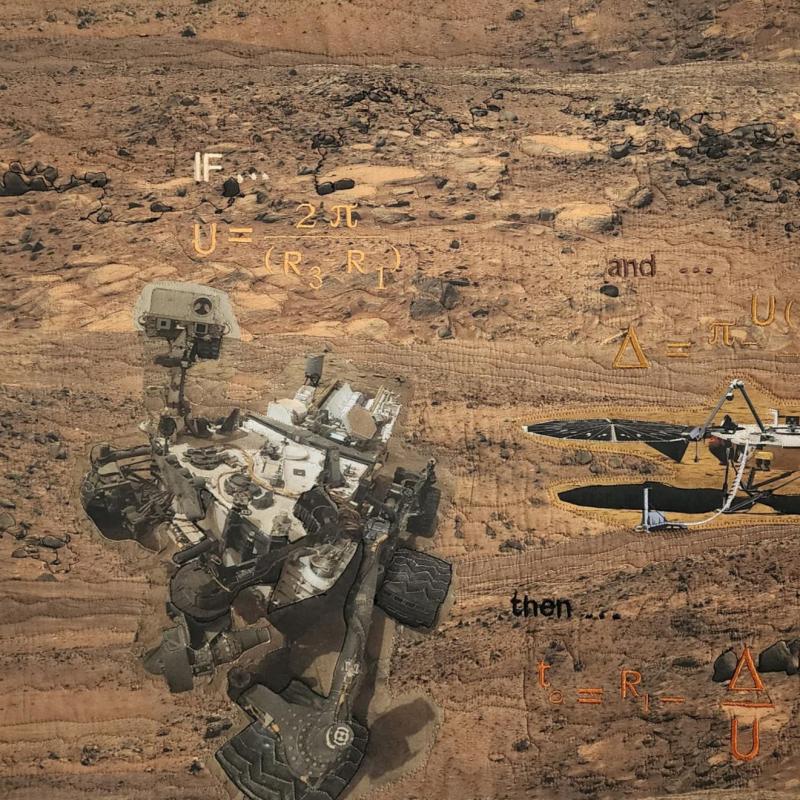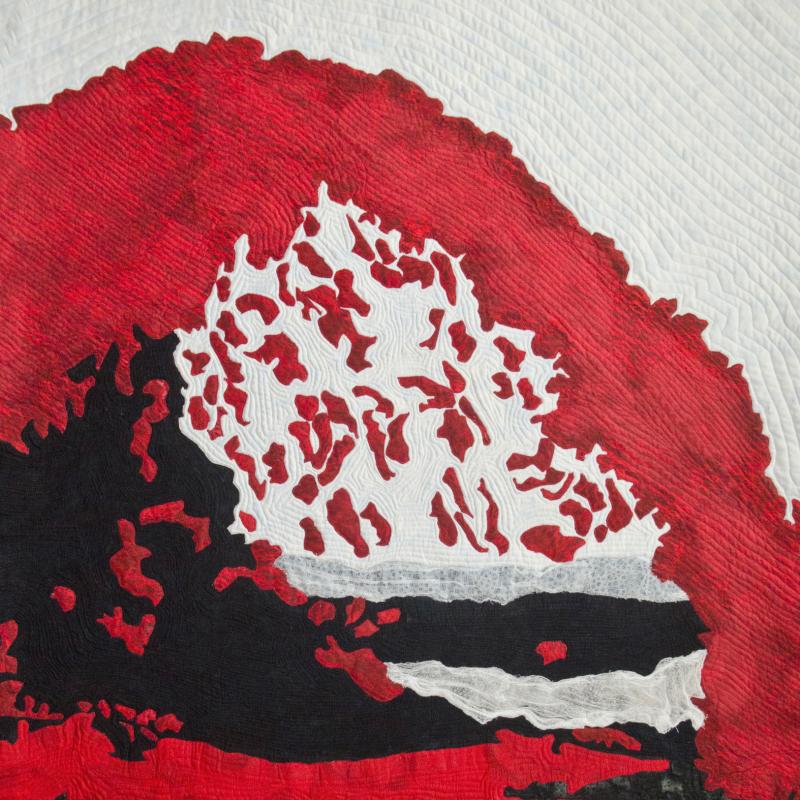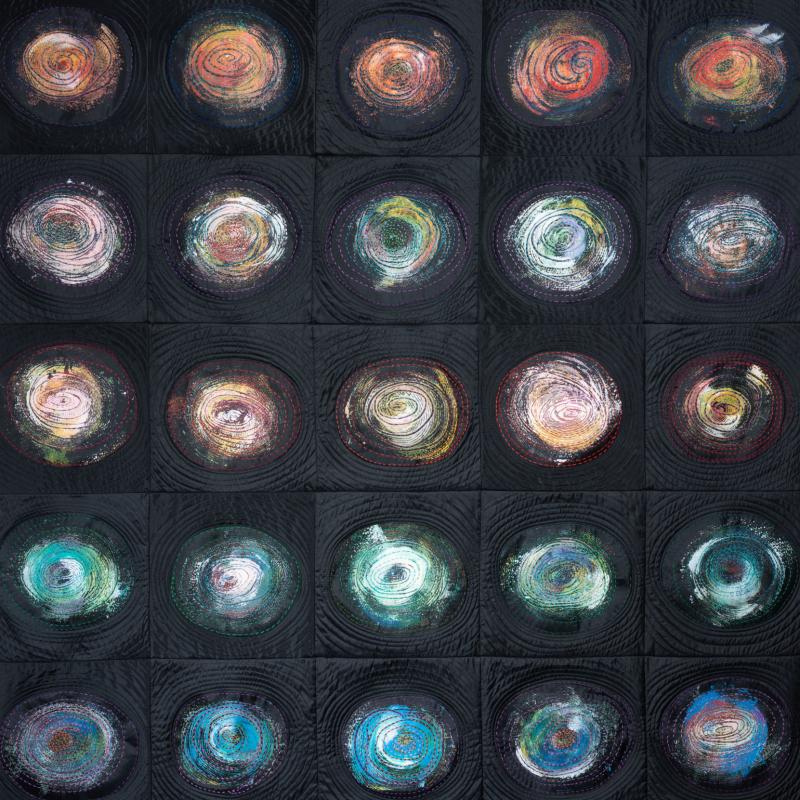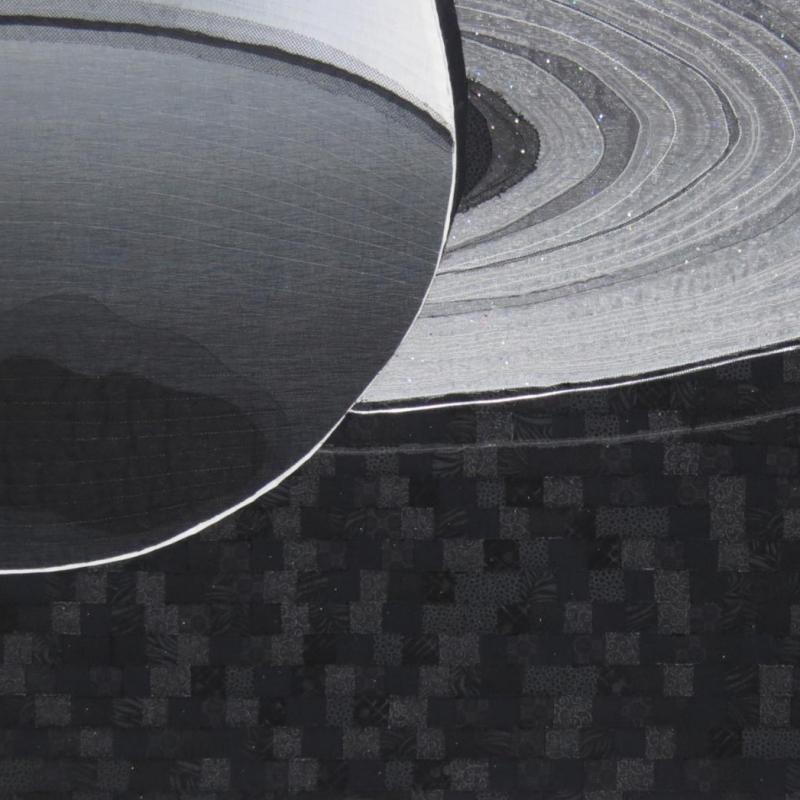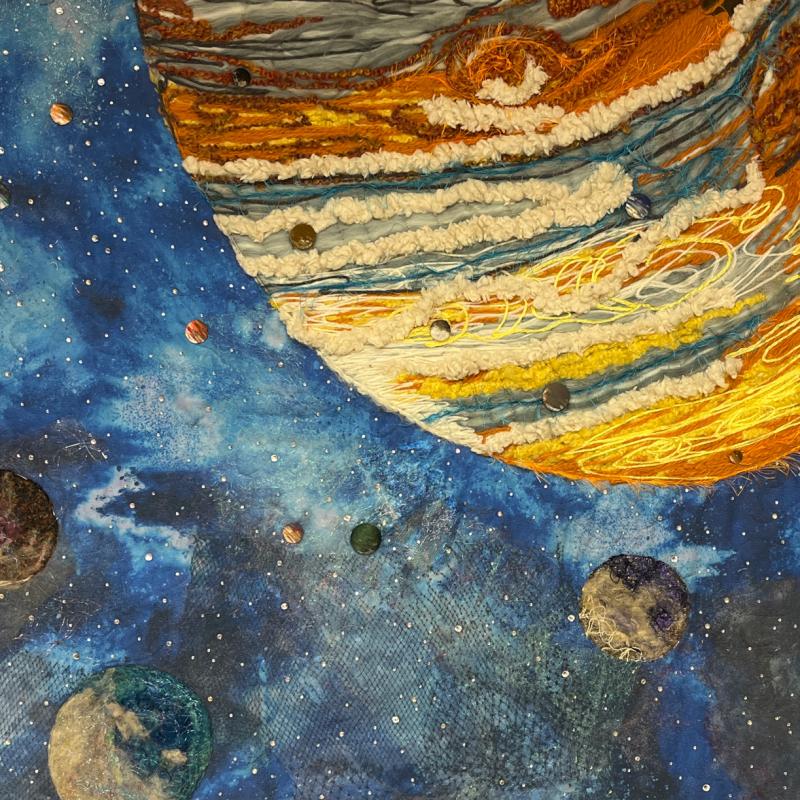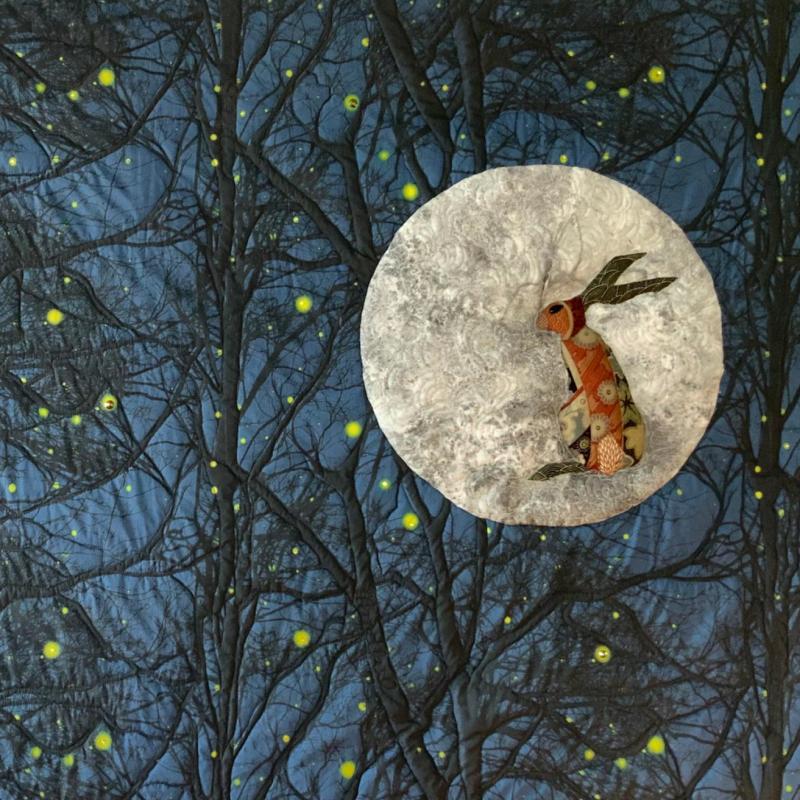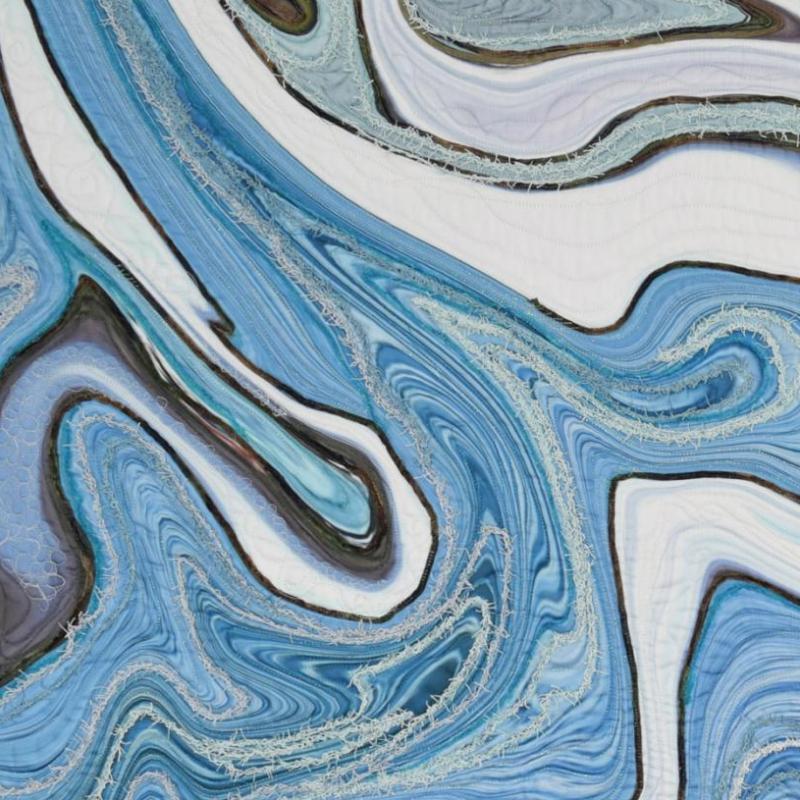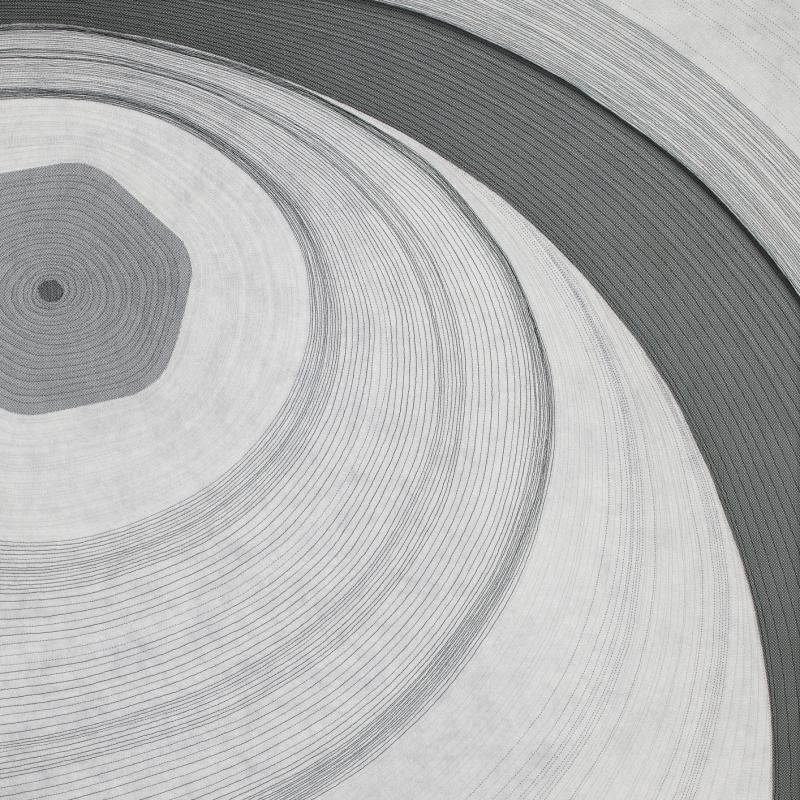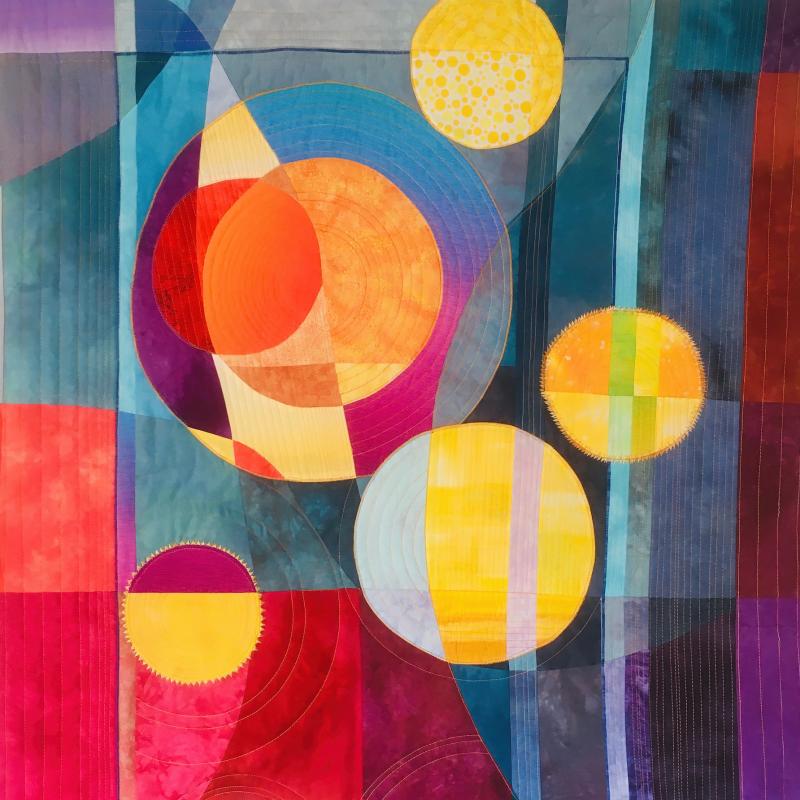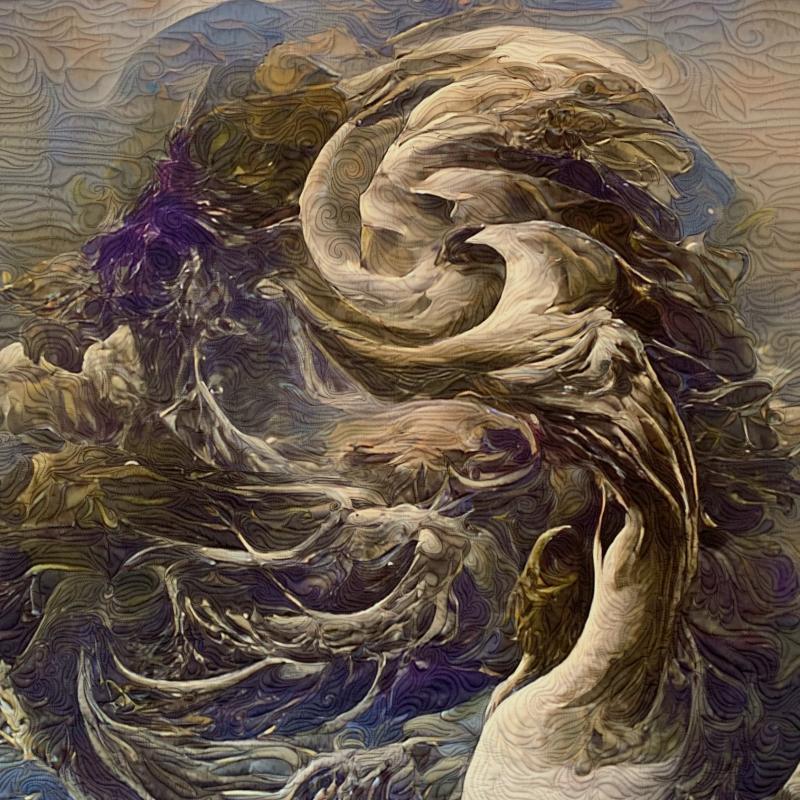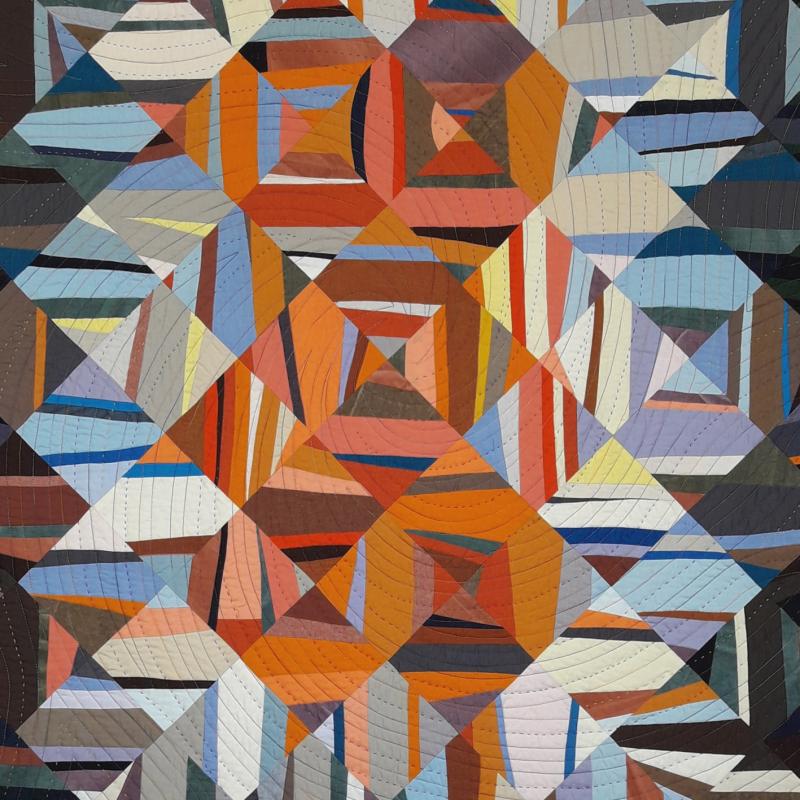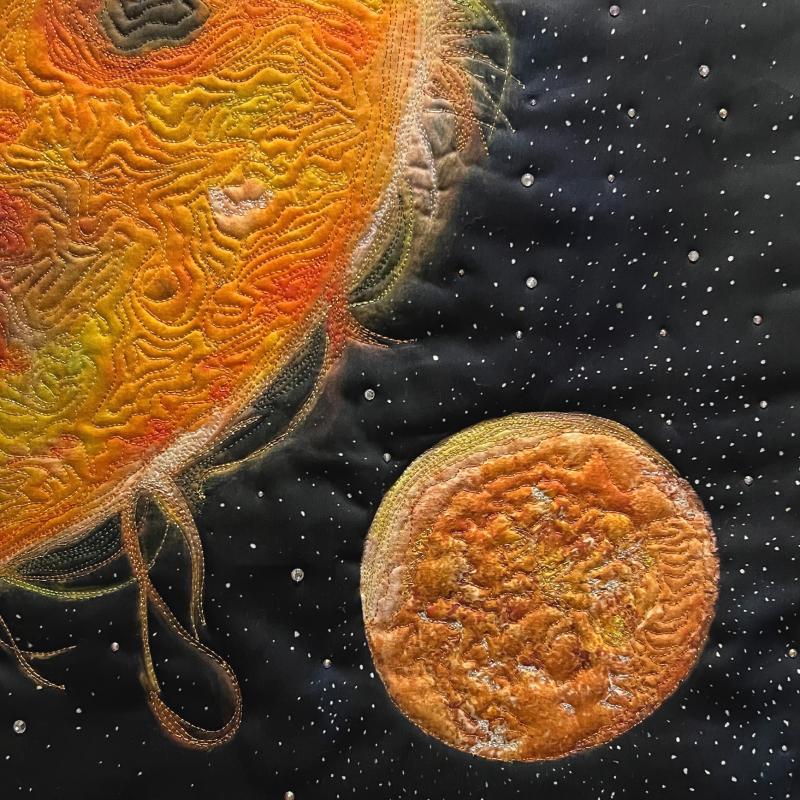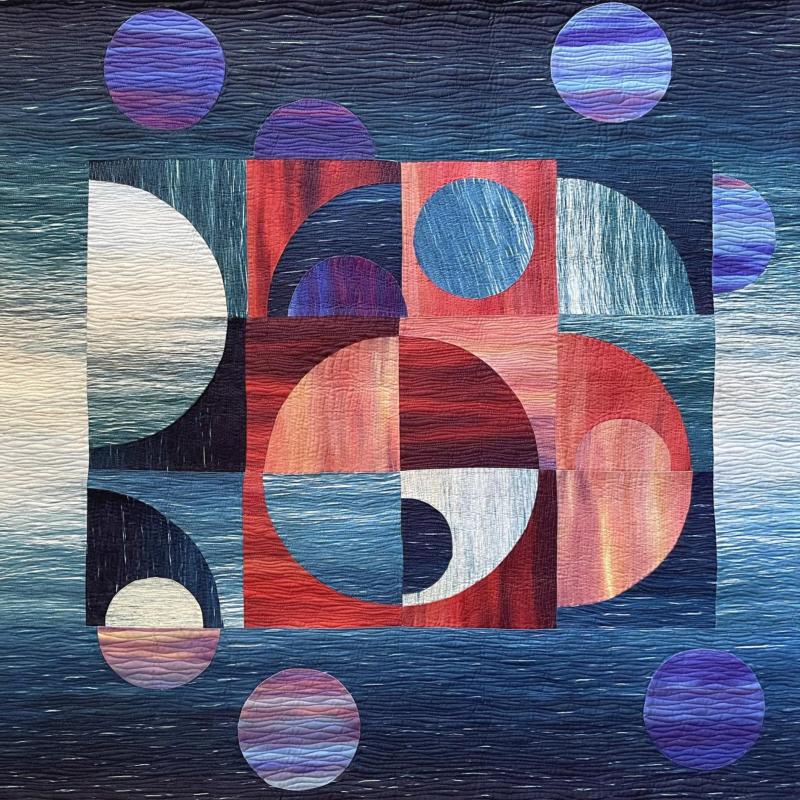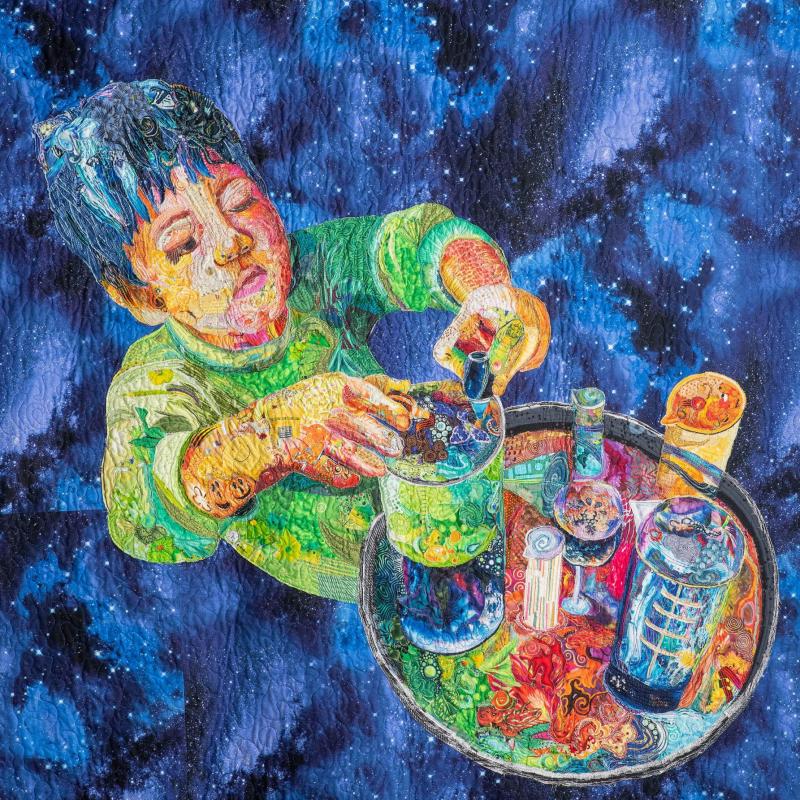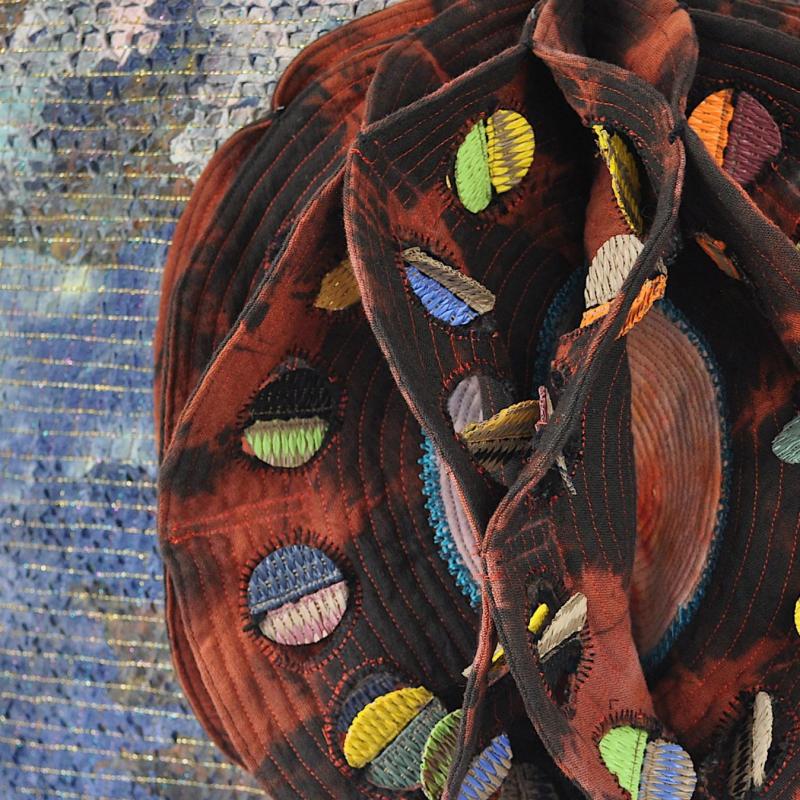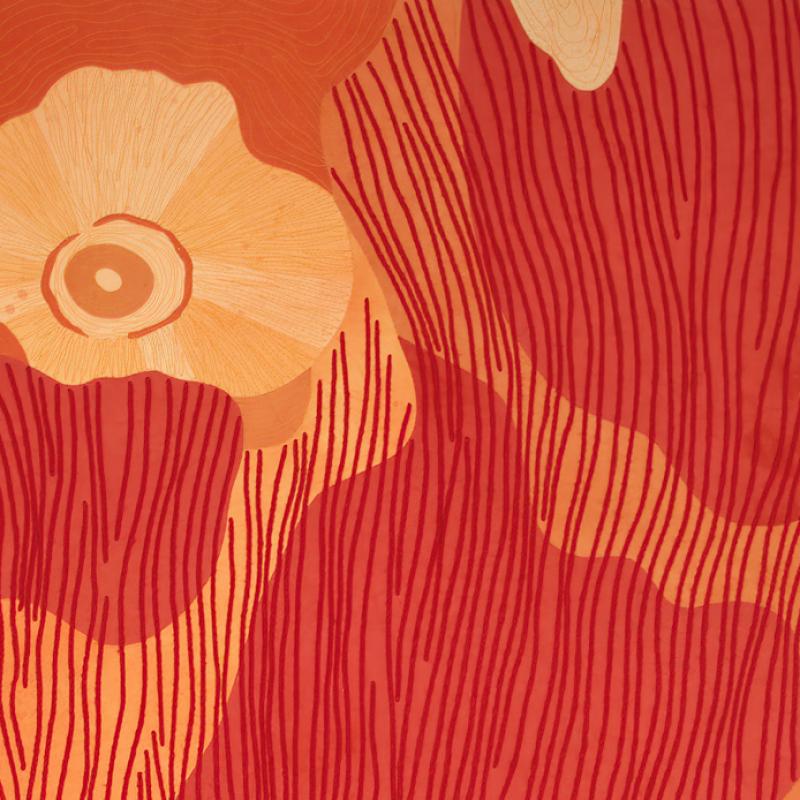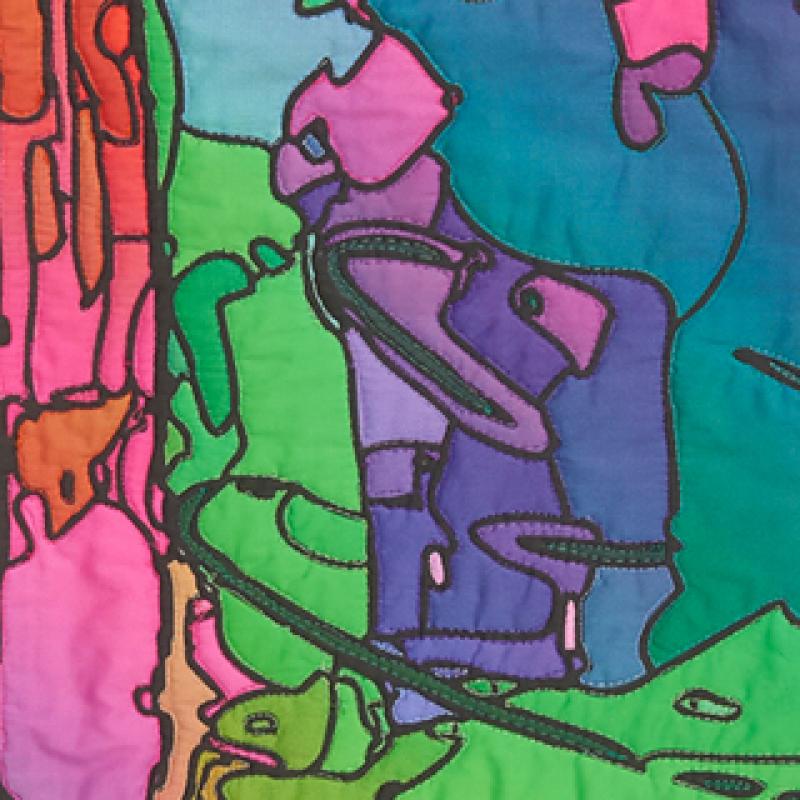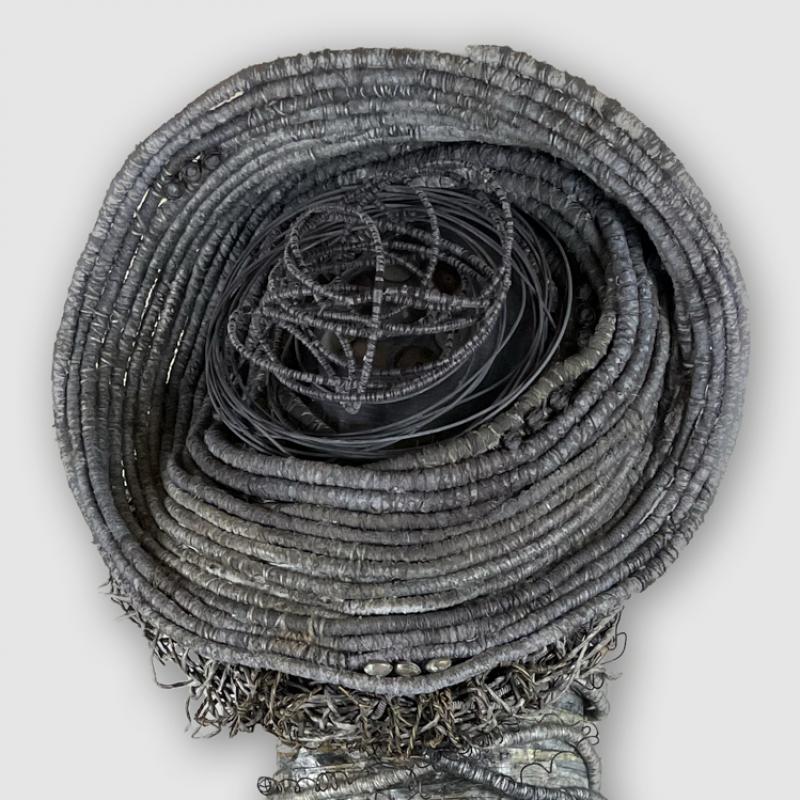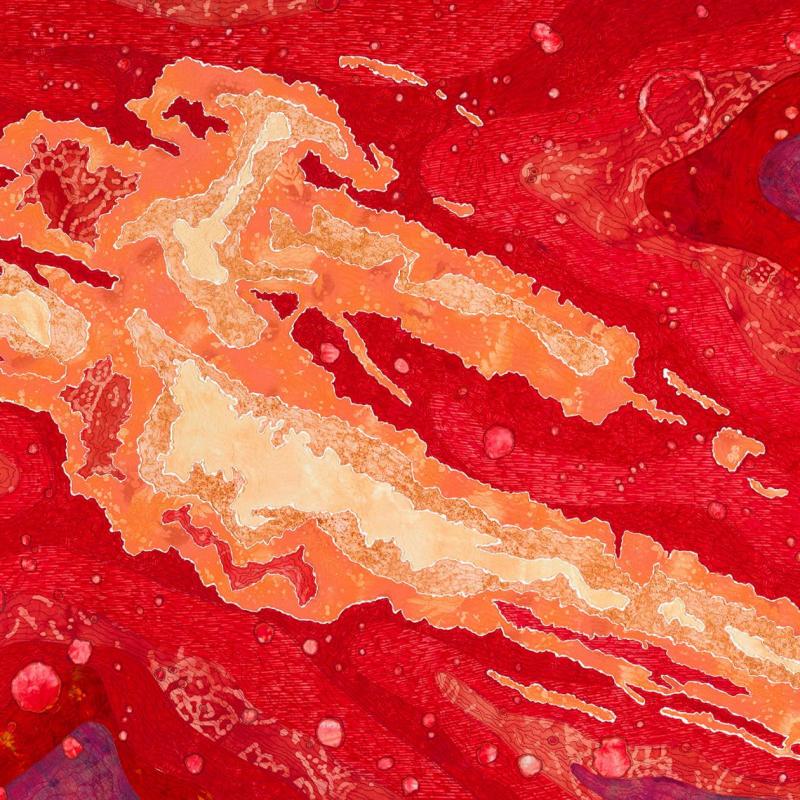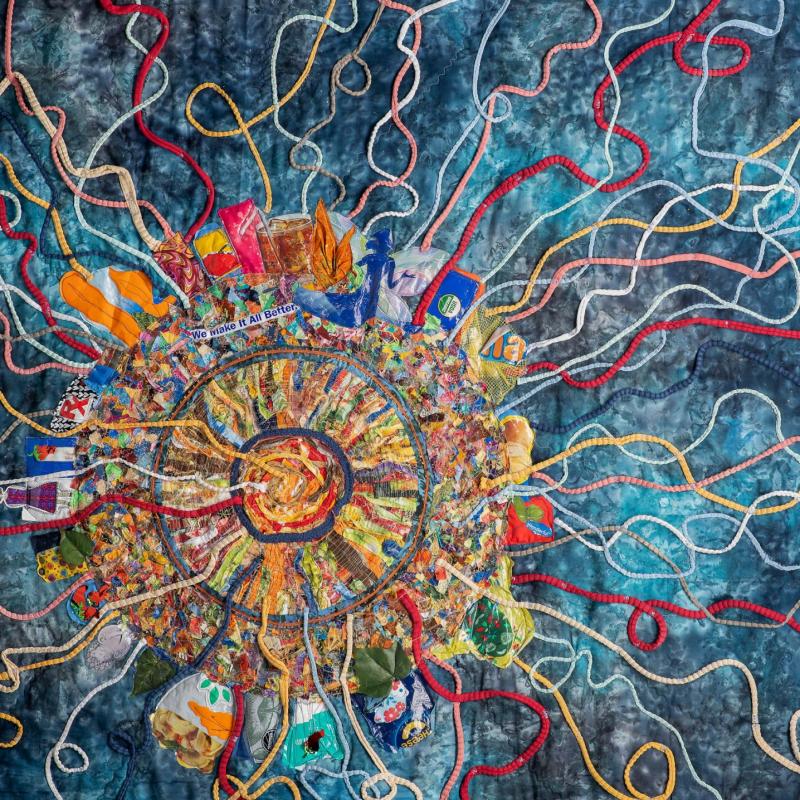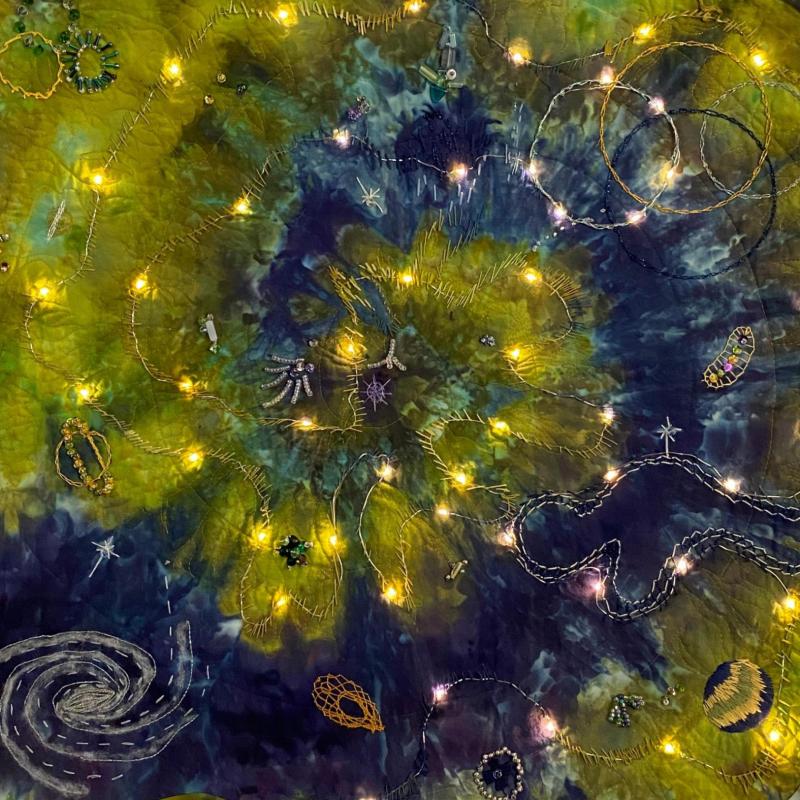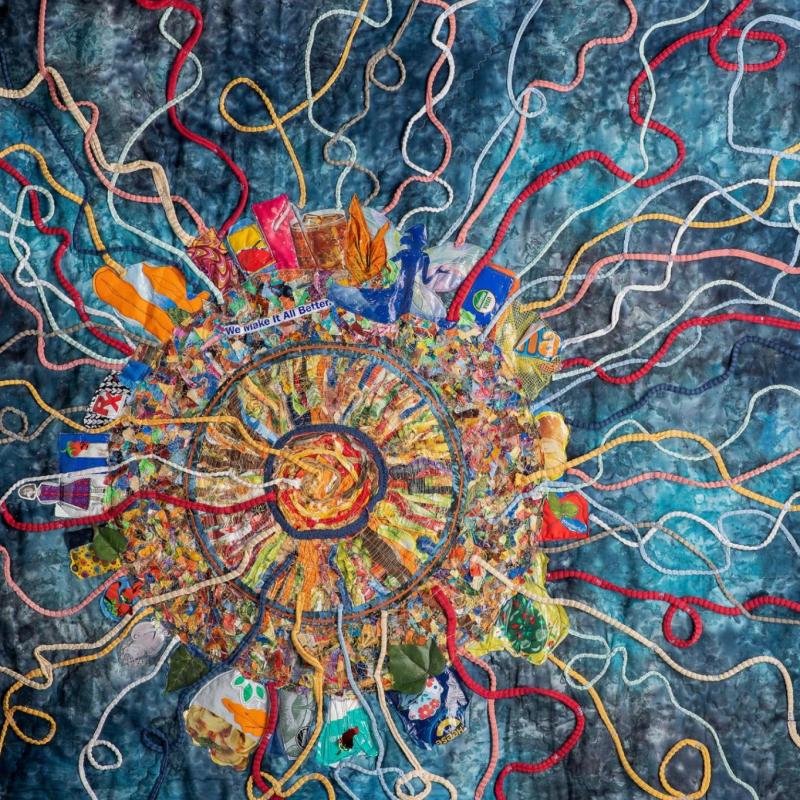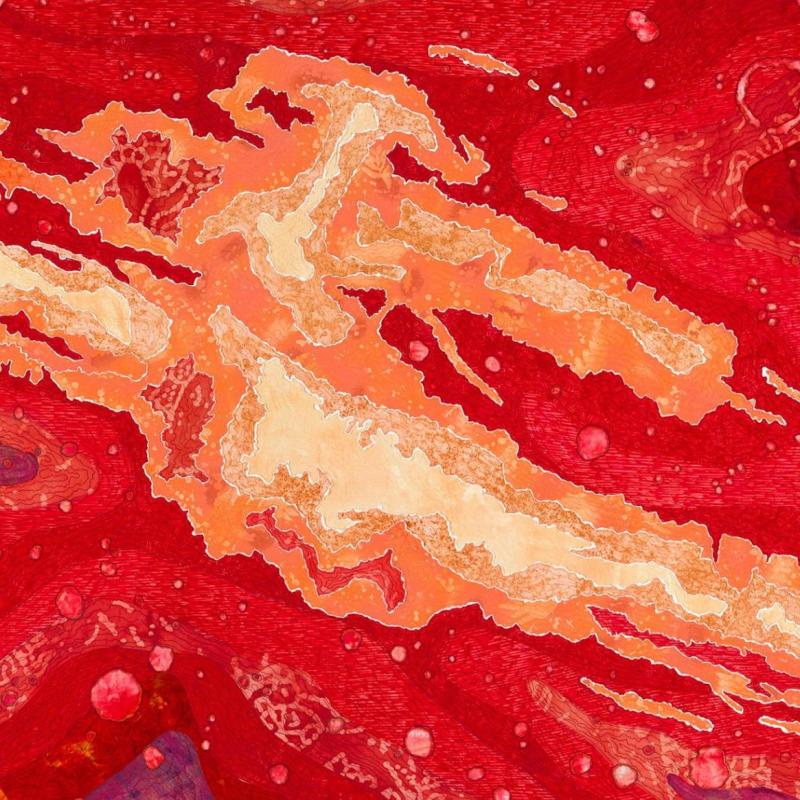Dr. Sabine Stanley is a Bloomberg Distinguished Professor at Johns Hopkins University in the Department of Earth & Planetary Sciences and the Space Exploration Sector of the Applied Physics Lab (APL). She directs the Magnetism and Planetary Interiors (MagPI) research group at Hopkins, which is centered on understanding planetary interior processes and evolution. This includes investigating magnetic field generation, which provides important information about the thermal history of a planet, its interior structure, and the fluid motions occurring in the core. Additional research and outreach efforts of the MagPI group include:
- working on the Mars InSight mission, using marsquakes to study the interior of the red planet;
- using the Iridium Constellation of Communication Satellites to track fast changes in Earth’s magnetic field;
- investigating Saturn’s and Jupiter’s dynamos and the role of helium rain in these planets’ interiors; and
- understanding the effects of superionic water on the dynamos of Uranus and Neptune.
- engagement with education researchers, artists, and the public in order to create impactful, accessible science content; the HEMI/MICA Extreme Arts program pairs artists from MICA with faculty at Johns Hopkins to explore unique perspectives on extreme events (more details).
Dr. Stanley received her B.Sc. degree in Physics and Astronomy from the University of Toronto, and M.A. and Ph.D. degrees in Geophysics from Harvard University. Prior to joining Johns Hopkins, she was a Postdoctoral Researcher at MIT from 2004-2005 and a Professor at the University of Toronto from 2005-2017. She has received the William Gilbert Award of the American Geophysical Union, and a Sloan Research Fellowship, among other distinctions and honors.
Dr. Stanley presented her research at an online presentation to SAQA members, followed by a Q&A session. This was a fantastic opportunity to learn about planetary magnetic fields, dynamo theory, and planetary interior evolution and to ask questions of the expert. Watch the video
J.D. Talasek, Director, Cultural Programs of the National Academy of Sciences is the creator and moderator for the monthly salon DASER (DC Art Science Evening Rendezvous) held at the NAS, part of the LASER network. He has served on the faculty at Johns Hopkins University in the Museum Studies Master’s Program, and on the Contemporary Art and Science Committee (CASC) at the Smithsonian’s National Museum of Natural History. He is the art advisor for Issues in Science and Technology Magazine and was the Art and Design Advisor for the National Academies Keck Futures Initiative based in Irvine, CA from 2015-2017. Talasek has served as a board member of Leonardo/ International Society for Art Science and Technology, and chaired the LASER committee that coordinates more than forty art/sci salons around the world.
Talasek has curated several exhibitions at the National Academy of Sciences including Imagining Deep Time; Visionary Anatomies (toured through the Smithsonian Institution, 2004 - 2006); Absorption + Transmission: Work by Mike and Doug Starn; and The Tao of Physics: Photographs by Arthur Tress, Cycloids: Paintings by Michael Schultheis.
Dr. Denis Wirtz, vice provost for research; Professor of Engineering Science; director of the Physical Sciences-Oncology Center (PSOC); co-founder of the Institute for NanoBioTechnology; researcher and inventor; at Johns Hopkins University.
Dr. Wirtz is a globally-recognized and consulted expert in cell motility and nuclear dynamics in health and disease. He is known for his innovative vision and galvanizing energy. As vice provost for research at the nation’s first research university, Dr. Wirtz focuses on the current and future health of the university’s research enterprise, including institutional research compliance, research development, and cross-divisional research initiatives. He and his team support a 6,000-member research community that includes Nobel laureates, MacArthur fellows, Sloan fellows and other luminaries. He supports vital multidisciplinary, collaborative research programs, including the Bloomberg Distinguished Professorships.
With a Hoover Fellowship from the Belgian American Educational Foundation (BAEF), Dr. Wirtz earned an M.S. and PhD in Chemical Engineering from Stanford University. He was also granted a fellowship through the European Union’s Human Capital and Mobility program to conduct postdoctoral research at the Ecole Supérieure de Physique et Chimie Industrielles (ESPCI) in Paris, France. He is a foreign member of the Belgian Royal Academy of Medicine (ARMB) and a fellow of the American Institute for Medical and Biological Engineering, the American Association for the Advancement of Science (AAAS), the American Physical Society and the American Institute for Medical and Biological Engineering. He is a past recipient of the National Science Foundation’s CAREER Award and the Whitaker Foundation Biomedical Engineering Foundation Award.
![]()


